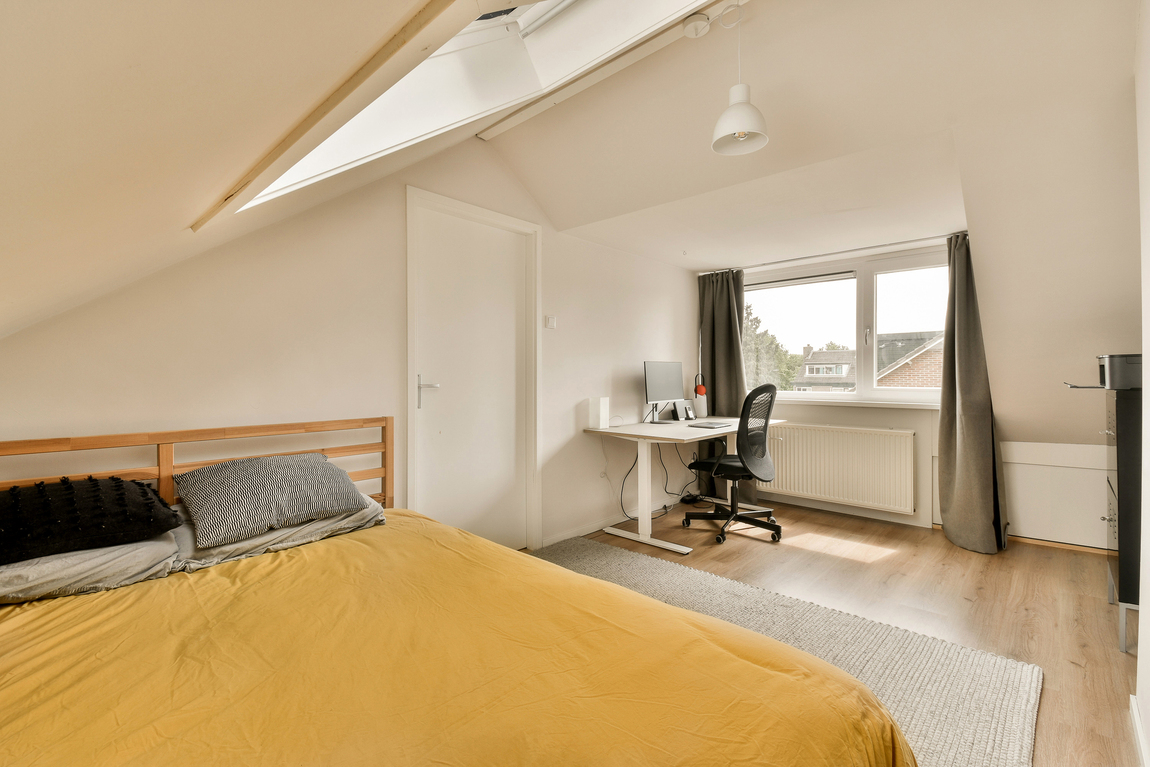Supported accommodation offers a lifeline for individuals who require assistance to live independently, such as those with disabilities, mental health conditions, or other vulnerabilities. It provides a safe, structured environment with support tailored to individual needs. The question “how much does supported living cost?” is central for families and individuals considering this option, as expenses can vary widely.
This article explores the cost of supported accommodation in detail, including factors that influence pricing, financial assistance options, and key insights specific to cities like Birmingham.
What Is Supported Accommodation?
Supported accommodation combines housing with personalized support services. These may include help with daily activities like cooking, cleaning, and managing finances, as well as access to health or mental health care. The primary goal is to provide individuals with the independence of having their own space while ensuring they receive the support needed to thrive.
Factors That Impact Supported Accommodation Costs
- Level of Support Required
The more intensive the support, the higher the costs. Individuals requiring occasional check-ins or light assistance pay less compared to those needing 24/7 care. - Type of Accommodation
Shared housing arrangements tend to be more affordable, while private accommodations come with higher costs. Many supported living arrangements offer a mix of communal areas and private rooms, balancing affordability and personal space. - Location
Urban areas like Birmingham typically have higher supported accommodation costs due to increased demand and operating expenses. Rural areas may offer lower costs but could have fewer specialized services. - Specialized Services
Facilities that provide tailored services, such as mental health support or physical therapy, will generally charge more.
Financial Support for Supported Accommodation
For those concerned about affordability, there are financial assistance options available. Local councils, including Birmingham City Council, assess individuals’ needs and financial circumstances to determine eligibility for support.
- Housing Benefit: This can cover part or all of the rent for supported accommodation.
- Universal Credit and PIP (Personal Independence Payment): These benefits provide additional financial help for individuals with disabilities or long-term health conditions.
- Direct Payments: In some cases, councils provide direct payments that allow individuals to arrange and pay for their own care services.
By combining these resources, individuals can significantly reduce out-of-pocket expenses for supported accommodation.
Costs for Couples in Supported Accommodation
Safety and Support
A key element of supported accommodation is ensuring safety for residents. Many facilities include staff trained in basic life support (BLS) to handle emergencies like choking or cardiac arrest. The cost of training caregivers in BLS is typically included in service fees, providing peace of mind to residents and their families.
Conclusion
Supported accommodation costs vary widely, but understanding these expenses helps families and individuals make informed decisions. In Birmingham, hourly rates start at £19.83, with weekly costs for basic care averaging £678. Costs can rise depending on the level of care, location, and additional services required.
By exploring financial support options and carefully evaluating individual needs, supported accommodation can become an accessible and invaluable solution for those requiring assistance to live independently.



